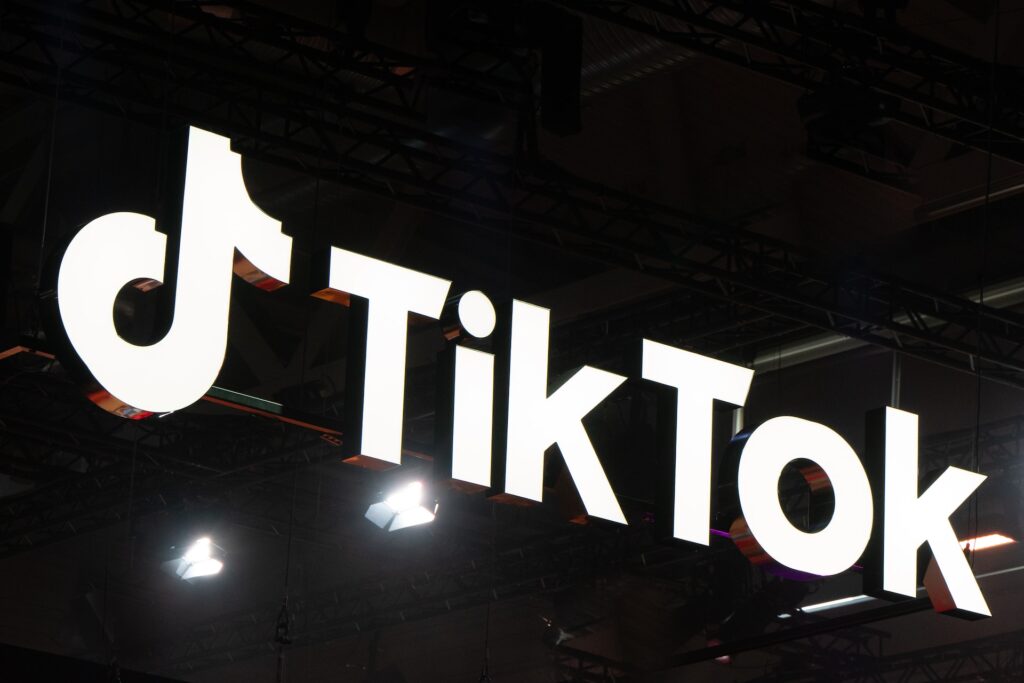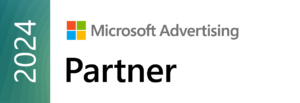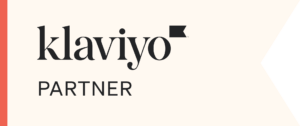The social media app TikTok has been a hot topic since its meteoric rise in popularity in 2020.
Today is no different.
Around the globe, TikTok has more than a billion active users, and Americans make up a significant portion. But despite TikTok’s huge user base in the United States — about 37.3% of all American mobile internet users swiping, sharing, and uploading videos every month — a bipartisan group of lawmakers want to ban the app.
The largest concern among lawmakers is that TikTok — an app owned by the Chinese company ByteDance — could potentially harvest and exploit the data it collects on Americans. On both sides of the aisle, lawmakers in Washington believe that banning TikTok will help secure Americans’ data and keep it out of the hands of foreign adversaries.
Banning TikTok has become the rallying cry in Congress, but the impact of the Restricting the Emergence of Security Threats that Risk Information and Communications Technology Act — or the “RESTRICT” Act — would be much more far-reaching.
As written, the 55-page bill would give the Secretary of Commerce the authority to restrict or ban digital products or services that are linked to countries the United States considers to be foreign adversaries, effectively giving the government the authority to transform the social media and digital marketing landscape as we know it.
If passed, the impact of the RESTRICT Act on the Internet as we know it would be considerable and the penalties for US-based people breaking the law substantial — including severe criminal penalties of up to $1 million in fines and up to 20 years imprisonment. In this article, however, we focus primarily on what would happen if Congress effectively bans TikTok with the RESTRICT Act and the reverberations that decision would have across the digital marketing space.
If the RESTRICT Act does in fact get passed in its current iteration, here are five significant changes we can see happening as a result of the bill and their implications for users, creators, and brands in the United States and beyond.
5. Meta and Google Will Capture Even More Share of Ad Market
It is no secret that TikTok has stolen a sizable portion of online advertising market share from both Meta and Google since 2020, and with TikTok banned, Meta and Google will likely claw it back.
According to Contentgrip.com, TikTok is on pace to have a larger market share from video ad revenue than Meta and Google combined by the year 2027. That is meteoric growth. If TikTok is in fact banned outright in the United States, this projected growth in video ad revenue will most likely be gobbled up by Meta and Google since they are already dominant legacy platforms.
TikTok has positioned itself brilliantly for unprecedented growth, largely attributed to its unique ability to serve highly relevant content to its content consumers as well as the potential for high reach and exposure for content creators. If the growth in video ad revenue does continue over the next five years, Meta and Google will benefit greatly from the heavy lifting that TikTok has done since 2020 if the demand for videos and video ads continues its current trajectory.
4. Advertising Will Become More Competitive and Expensive
Although TikTok currently has a relatively small market share of online video ad revenue, if the app did go away, that is market share that would need to be captured. Meta and Google are obviously the most benefited in this case, but what about advertisers in general?
More platforms usually means more supply of ad inventory and tends to drop competition for online advertisers. But if one platform goes away — especially one the size of TikTok — that supply of ad inventory tightens significantly.
If/when this happens, online ad costs may also increase. As more and more advertisers are forced to “compete” for more limited online ad inventory, costs to reach new and existing audiences as well as the costs to secure a conversion will most likely increase, forcing advertisers to be even more savvy with their online advertising strategy and more efficient with their online ad spend.
3. Creator Growth Will Slow
Once the RESTRICT Act became a bill presented by Congress, TikTok creators did not hesitate to show their outrage. Perhaps rightfully so. Ever since TikTok began to grow rapidly back in 2020, the desire among the creator landscape to create content on Instagram and YouTube has certainly dwindled.
Although Meta continues to grow its users, virtually on every platform the company owns, creators have grown a sense of bitterness toward Instagram and the parent company, Meta.
TikTok has a diehard following among the Creator landscape and they have done so inspite of Instagram. On TikTok, the hashtag #restrictact has several videos from creators mentioning that if TikTok is banned, they will not be migrating (back) over to Instagram. Whether or not this is entirely the case, is still unknown. But, I think it’s safe to predict that the RESTRICT Act may cause a slowdown in the creator economy, at least to a small degree.
2. Creators’ Strategies Will Shift or Change
The ban of TikTok could set a worrying precedent for creators.
It’s important for advertisers and creators to think about how they might shift strategies if TikTok is removed from app stores. There’s no denying TikTok’s popularity and engagement. Advertisers and creators know that the platform is a smart place to go if they want their content in front of a highly engaged audience.
If advertisers and creators are forced to pivot their content to a TikTok-like app, it is important that they produce effective content for their targeted audience. The tactics that have made creators and advertisers succeed on TikTok should be applied to other platforms for similar success.
For starters, TikTok appeals to short attention spans. Even though users can make videos up to 10 minutes long, the majority of TikTok videos are short and easily scrollable. As a result, it appeals to users with short attention spans.
Another tactic that has made TikTok so popular is its advanced algorithm. TikTok is able to learn what your interests are based on your activity and will continuously show you videos that you like.
In addition to this tactic, TikTok is a user-friendly platform that constantly has new trends. TikTok is known for its specific trends that keep users entertained with ever-changing content. With limitless trends combined with creative expression, users are incentivized to keep creating and consuming more content. If users shift to another platform, advertisers and creators will have to keep these tactics that users enjoy about the platform in mind.
1. Pay-to-Play Verification Will Increase
If TikTok is banned in the United States and users migrate to TikTok-like apps, paying for verification and exposure could cause frustration among creators and brands.
As we have seen with creators lashing out at Meta and Twitter for selling verified user badges, this could open the door to other platforms following their lead for a cash grab. Many users believe that the badge used to imply that you were following the right user, indicating it was an authentic account.
Now that anyone could pay for that verification, authenticity and credibility could create concern. While this option may be tempting for content creators or small businesses who want to get in front of larger audiences, it’s not surprising that these companies are shifting to a paid verification model for profit.
We don’t know what will happen with the RESTRICT Act, but we know that if Congress passes it in its current form, it would mean a lot more than just a TikTok ban. For users, it would mark a massive shift in the social media ecosystem, and for creators and brands, it could possibly change how they communicate and reach their audiences and/or customers.
Some of the changes could be positive. Some changes can have a negative impact. One thing is for sure, though: Substantial disruptions to social media, and the internet as we know it currently, depend on Congress’ next move.







